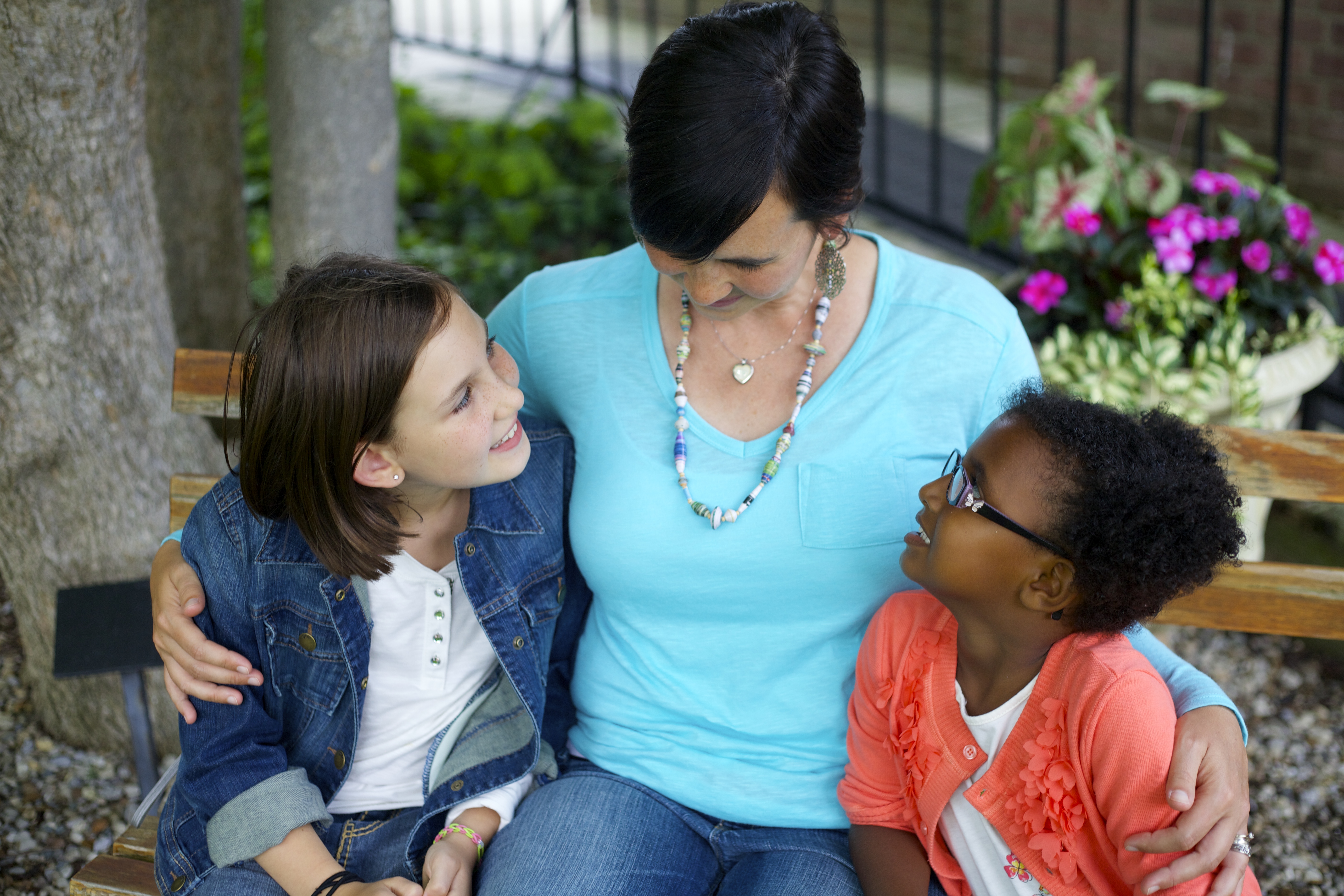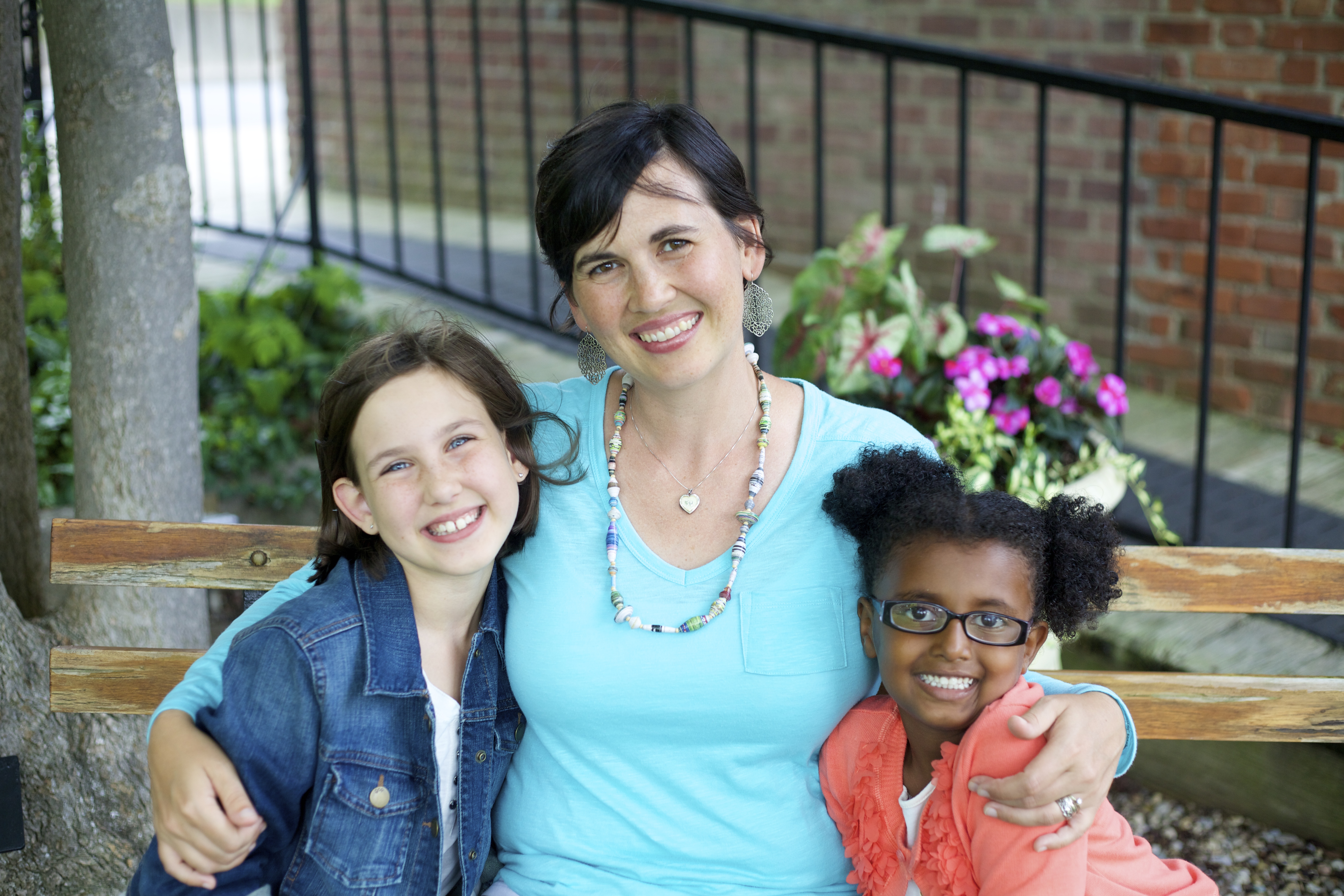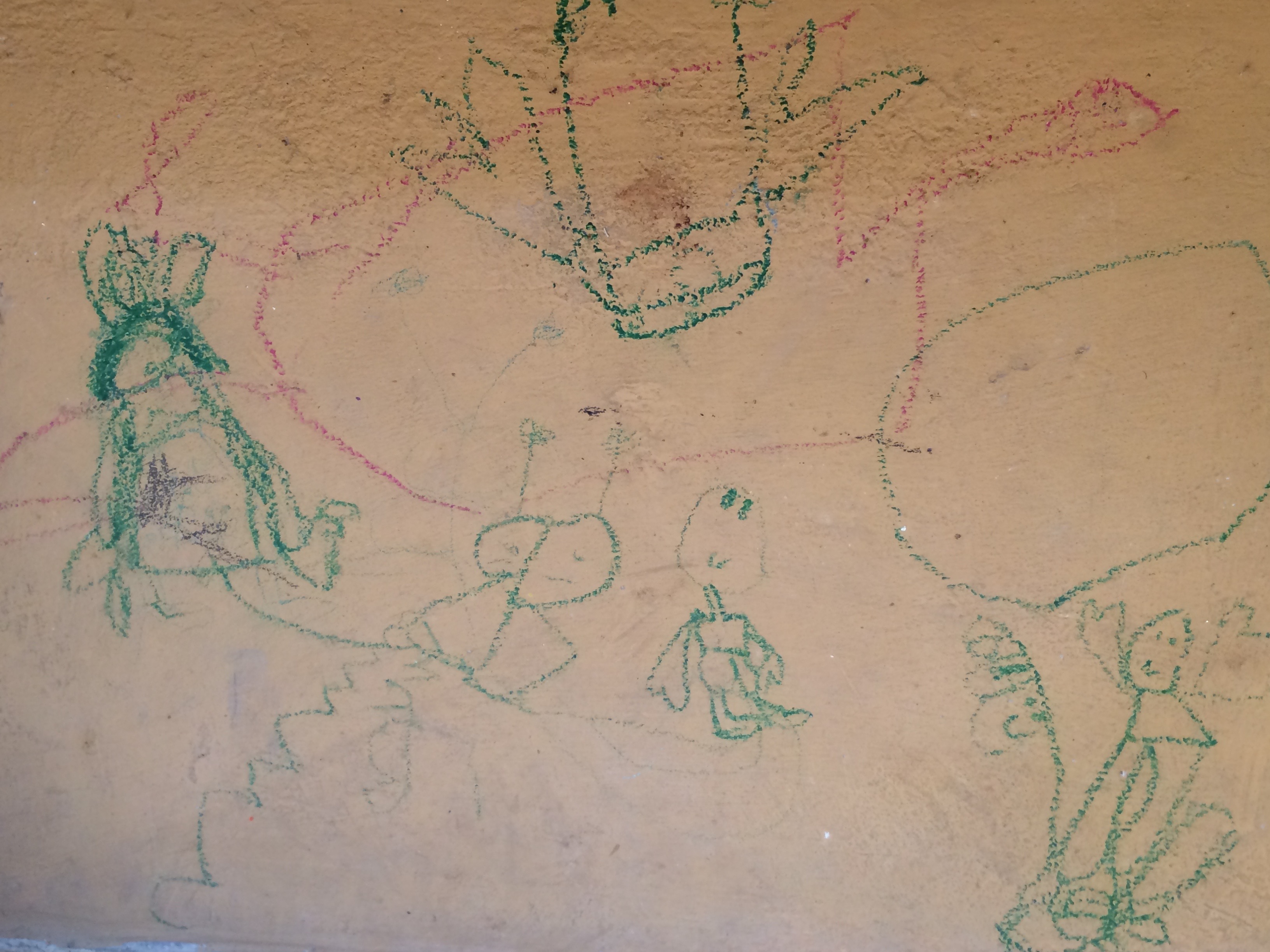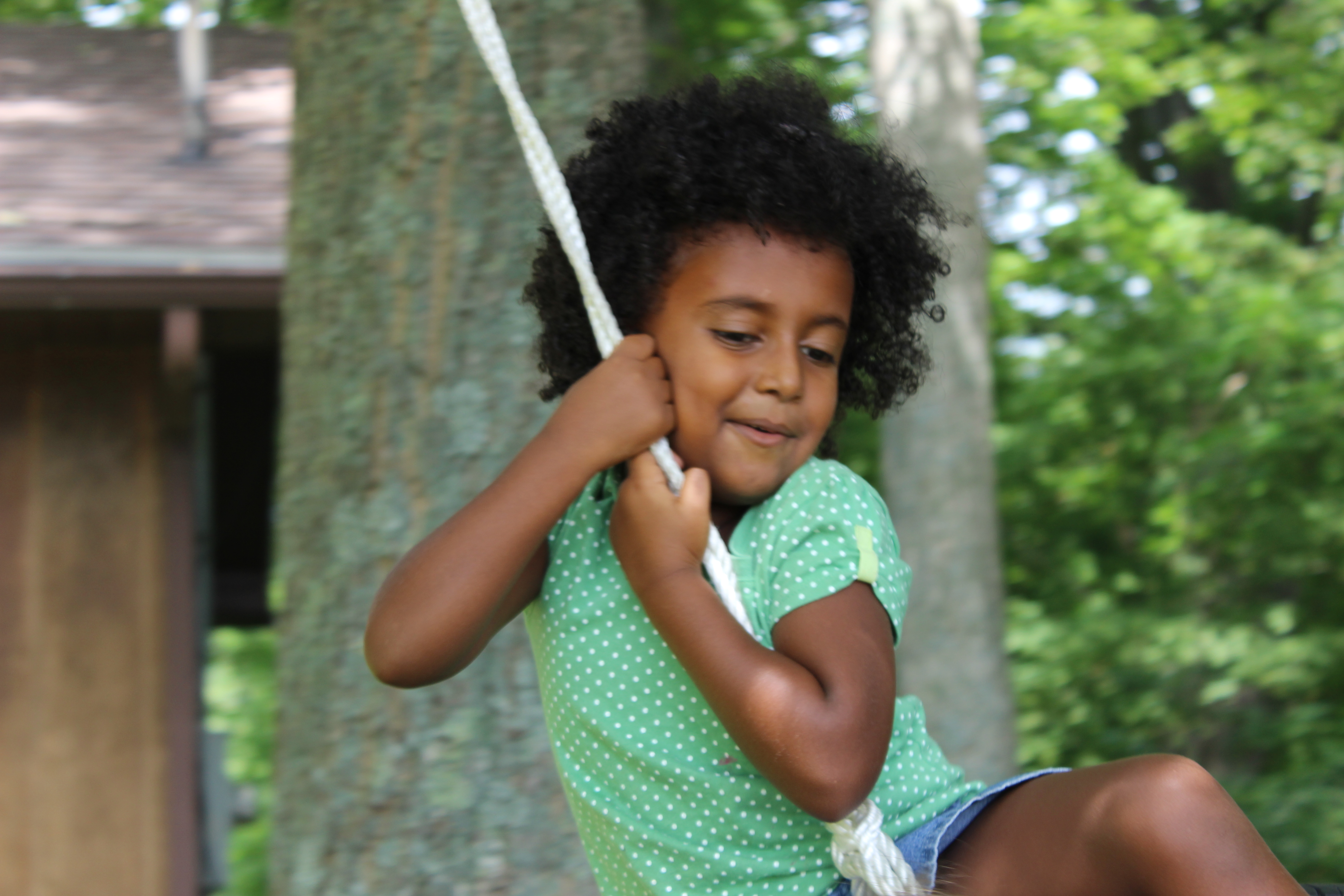I like this statement: An ounce of prevention is worth a pound of cure.
It’s so true in so many areas of our lives, but it’s hard to think ahead, get ahead of the game, and take steps to prevent whatever problem we’re trying to avoid.
I’m learning with my little one–and let me tell you, I’ve gotten loads of opportunities in the past few months to learn and practice–how important preventative measures can be against meltdowns. And don’t get me wrong. There are things going on that preventative measures can’t always fix! But I do believe them to be very restorative and connecting, and some days that is going to have to be enough.
Here are a few things I am trying to add into my day, a mental check list if you will, of intentional steps:
1. We give hugs, back rubs, holding hands, and quick little back scratches. Even laying down and snuggling, looking into each others eyes. All of these physical touches calm the brain, bring happiness, and say without words that we love and are there for them.
2. A lot of our kids are –it’s okay if you don’t agree with this of course, or if you call it something different — under the attack of the enemy. Particularly adopted children have silent whispers in their ears of “you weren’t really wanted and you aren’t now either” and “there’s going to come a time that they won’t forgive you or love you anymore”. Our battle is not with the child when they are acting out due to these lies! Our battle is with the enemy of their souls. We are fighting for them, friends! So we PRAY God’s Word for them and over them, silently, out loud, whisper it, yell it! Before the crisis of the day happens, we pray. Then we pray through it. Then we pray after it.
3. We also speak truths to counteract the lies they are hearing. All day, before there’s a problem or during a problem, we’re saying: “You are such a gift.” “I can’t imagine my life without you!” “You are so special and so precious.” I may tell my little one the story, in just 5 sentences or so, of how she came to be in our family. I tell her God has a wonderful plan for her life and that HE rescued her for a high purpose. I tell her she is dearly loved and chosen. I remind her of all the families she is a part of: Ethiopian, ours, and Gods! I ask for discernment from the Lord about what truth she needs to hear, and then I speak it out loud to her every time I think of it, which needs to be more and more often.
4. We praise them separately for doing things right. “Look how you obeyed so quickly! Wow!! Great job!” “Give me a high five, look how well you finished that homework!” There’s a difference between statements of worth (#3) and statements of praise for accomplishing tasks (#4). They need BOTH.
5. We make sure their needs are met before they get too cranky and bent out of shape. Some kids are just not as flexible as others. Keeping blood sugar stable by eating a healthy snack every 2-3 hours is helpful. Having a built-into-the-schedule nap/quiet time in beds even if they are already in school (so we do it after school) can ward off disaster. (We are still working on this one!) We may have to say no to certain things if it means they are out too late and are not getting enough sleep, or if they are just busy and pressured to fit into a tight schedule. It probably won’t always be this way, and it’s hard on both the parent and the kid, but they will need us to sacrifice the wants sometimes in order to fulfill the needs.





